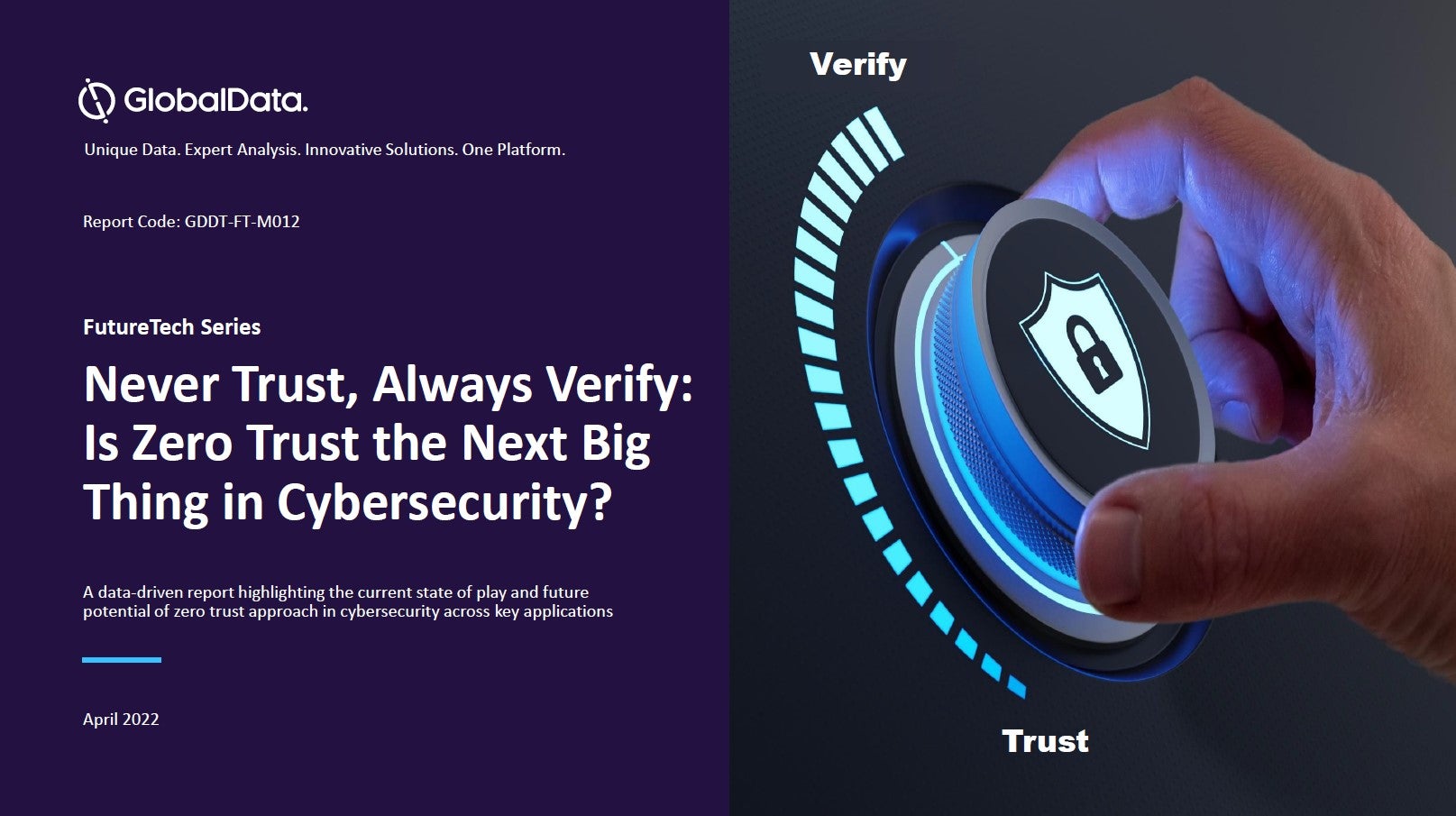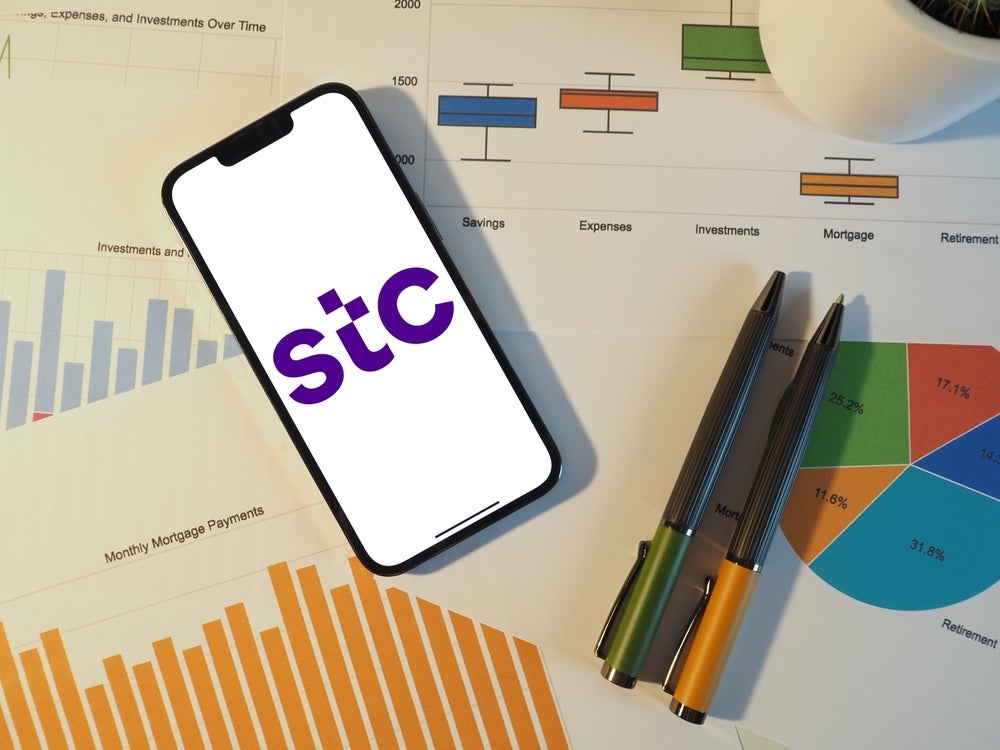Meed is using social media and corporate partnerships to sign up millennials in emerging and developed markets to financially inclusive digital bank accounts. The fintech describes it as a marketing and customer-acquisition platform, enabling banks to cost-effectively target millennials. Robin Arnfield reports
On 21 November 2016, Vietnam’s Maritime Bank went live on Santa Monica, California-based Meed’s digital banking platform, with Vietnam’s Ho Chi Minh Development Commercial Joint Stock Bank (HD Bank) to follow by the end of 2016. The commercial launches follow friends-and-family testing by the two banks.
HDBank and Maritime Bank are the first two banks to go live on the global network of member banks and corporate members which Meed has been building over the last two years.
Meed’s goal is that consumers signing up for Meed-based accounts with these banks will belong to a global social community.
Expansion
After its Vietnam launch, Meed plans to roll out into Canada, Mexico and the US with partner banks by the end of the first quarter of 2017. Its goal is to establish a network of member banks in 30 countries by 2020.
Colombian, Mexican, US and Canadian consumers can apply to join the Meed community on Meed’s websites in those countries.
How well do you really know your competitors?
Access the most comprehensive Company Profiles on the market, powered by GlobalData. Save hours of research. Gain competitive edge.

Thank you!
Your download email will arrive shortly
Not ready to buy yet? Download a free sample
We are confident about the unique quality of our Company Profiles. However, we want you to make the most beneficial decision for your business, so we offer a free sample that you can download by submitting the below form
By GlobalData“These sites let you go through the initial stages of the application process, stopping just before getting to a bank application form,” says Julian Sandy, Meed’s chief marketing officer.
“At this point, you’re informed that Meed hasn’t yet launched in your market, but we’ll keep you informed of our progress through to going live.”
Meed’s vice-chairman is former Scotiabank Canada group head of banking Anatol von Hahn, and its CEO is Les Riedl, a former banking industry consultant with US-based Bank Solutions Group.
Pablo Aspe Poniatowski, formerly MD of Casa De Bolsa (brokerage) and General Manager of Wealth Management at Mexico’s Scotiabank Inverlat, is on Meed’s advisory board.
Letters of Intent
Over the last two years Meed has been signing letters of intent (LoIs) with banks in countries including MetaBank in the US and Colombia’s Banco Caja Social, a subsidiary of Fundación Social, which aims to overcome the structural causes of poverty in Colombia.
“Meed has been holding discussions with Mexican digital-only bank Bankaool and with several US banks,” Jim Tingey, Meed’s chief risk and compliance officer, says. It has signed a LoI with Colombia’s National Retail Federation (Fenalco/ Federación Nacional de Comerciantes) as a Meed corporate member.
“We’ve set minimum AML/KYC [anti-money laundering/know your customer] standards for the entire Meed member bank network to adhere to,” says Tingey.
“However, our member banks are required to also comply with the AML/KYC regulations in their own countries.”
“Our platform is totally digital and device-agnostic, as it works with smartphones, tablets and PCs,” says Sandy. “It’s designed to be completely remote in terms of customers applying and being approved for accounts with Meed member banks.
“However, because of Vietnamese banking regulations, new customers must physically provide a wet signature at a bank branch in Vietnam. Once Vietnam gets up to speed with digital KYC procedures, we expect this requirement to disappear.”
“Vietnam’s demographic is decidedly youthful, with over half of its population below 30 years of age, representing around 47 million people,” Meed says in a news release. “Only 52% of urban adults are banked.”
Yet smartphone adoption is rising dramatically, growing over 57% year-on-year to 2014 according to the IDC. Smartphone penetration is already over a third of the entire population.
“Meed is setting up a package of deals in Vietnam with our corporate members,” Sandy says. “They will offer consumers incentives to get a Vietnamese Meed bank account and join the Meed community. Each corporate member is allied only to one bank.”
Sandy says Meed’s promotional campaign in Vietnam is purely digital. “We’re using paid ads on sites such as Facebook and Google,” he explains.
“We’re also hiring key celebrities and opinion leaders with big followings in Vietnam who will become Meed customers and will talk about how joining Meed affected their financial life.”
Financial inclusion
Meed evolved from GlobeOne, also based in Santa Monica, which was founded in 2013 by several socially minded entrepreneurs to improve financial inclusion around the world. Its specific target is millennials who often find themselves outside the realm of formal finance.
“Our initial market research found that people around the world said they needed help to be able to save,” says Sandy.
“We heard consistently that people understood how important it is for their long-term financial health to have savings, particularly for retirement or if something unforeseen happens. But people said they are living paycheque to paycheque, month in month out.”
GlobeOne’s answer was to develop a packaged bank account product with a line of credit that incentivises people to save.
“When people deposit funds into their Meed Security Savings Account, the money is locked in until they reach the age of 59, and acts as collateral for their Meed line of credit,” says Sandy. “One advantage of the Meed line of credit is that it enables people to build a credit history.”
In early 2016, Meed was split off from GlobeOne to focus solely on banking and building a network of Meed member banks. The revised GlobeOne is now a worldwide free-membership network providing consumers with offers from its corporate partners across multiple industries.
“One of GlobeOne’s corporate partners is Meed,” says Sandy.
“Given the regulatory restrictions around banking products, they have to be offered in isolation from non-banking services such as insurance,” Sandy continues.
“So having Meed and GlobeOne gives us the leeway to offer a broader, more comprehensive portfolio to meet people’s financial needs than just bank products alone. GlobeOne’s corporate members include telcos, insurers and travel companies. Meed isn’t a bank and has no intention of acquiring banking licenses, as we are a financial marketing and IT company.”
In the US, Meed membership costs $9.95 a month, for which members receive a non-interest-bearing chequeing account with a debit card, and unlimited bill payments and e-cheques, free domestic P2P transfers, international remittances with a maximum 2% FX fee, a Security Savings account, a secured line of credit offering advances of up to 75% of the Meed savings account balance, and SocialBoost.
“The contract we sign with our banks limits the foreign exchange fees on international remittances to a ceiling of 2%,” says Sandy. “The industry average is around 7.7%.”
Meed’s domestic and international P2P transfers are closed-loop, as they can only take place between Meed member banks. “As our P2P transfers occur between banks with the same KYC/AML standards, we’re able to offer same-day payments,” says Tingey.
Sandy says it will be up to individual member banks in different countries to set ATM fees for Meed customers. “In Vietnam, Meed customers’ first two domestic ATM withdrawals every month, whether in or out of network, are free of charges from the member bank, although the ATM owner may assess a convenience fee,” he says. “In addition, all in-network ATM transactions are free of charge from the member bank.”
SocialBoost
SocialBoost offers Meed customers a chance to earn residual income from people they refer to the Meed community, and provides a peer-driven marketing method for banks targeting millennials.
“Our Meed member banks have agreed to retain half the interest they earn each month from customers who use their line of credit, and return the other half to the Meed community worldwide,” says Sandy.
“To become eligible as a Meed member for what we call the Global Distribution portion of SocialBoost payments every month, you need to invite another person who then opens a Meed bank account. In addition, you will receive a SocialBoost payment from your bank should your invitee also use their line of credit, with 25% of the interest charged to that customer paid 50-50 into your Meed chequeing and savings accounts.”
For every dollar a Meed member bank pays to an individual Meed member because an invitee is using their Meed line of credit, it puts another dollar into the Global Distribution fund.
“That gets divided up and distributed to Meed members according to the percentage of the total global pool of Meed users they’ve invited worldwide,” says Sandy.
“As long as their invitees keep their Meed accounts open, even if they don’t use a line of credit, Meed members are eligible for Global Distribution.”
“While the social networking component of Meed is interesting, the $9.99 membership fee in the US looks steep compared to other financial accounts available here,” says Ben Knieff, senior research analyst at US-based Aite Group.
“But if Meed is used primarily as a remittance product, $9.99 a month isn’t bad. You pay $10 per transaction at Western Union, so there is value in Meed.”
“The SocialBoost concept is cool, but the explanation on Meed’s website lacks clarity,” Knieff adds. “Also, I’m sceptical of a peer-built business model like Meed’s where you need to bring your friends in to make money.
“However, social media is a powerful way to recommend products – getting people to recommend your brand to their friends is the ultimate social media campaign.
It makes strategic sense for Meed to use influential people like celebrities with large numbers of social media followers to recommend Meed accounts. This is a good way to build a customer base early on, but in the long term could become really annoying.”








